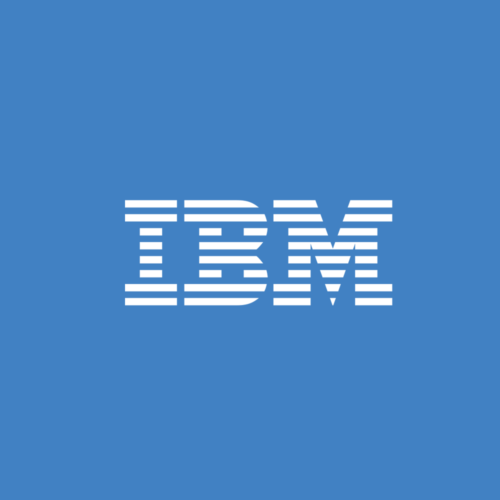. . . . . . Please enter your login information Username Password Remember Me Forgot Password (Members:…
noninstitutional
International Business Machines Corporation (IBM) is a technology company. The Company operates through five segments: Cognitive Solutions, Global Business Services (GBS), Technology Services & Cloud Platforms, Systems and Global Financing. The Cognitive Solutions segment delivers a spectrum of capabilities, from descriptive, predictive and prescriptive analytics to cognitive systems. Cognitive Solutions includes Watson, a cognitive computing platform that has the ability to interact in natural language, process big data, and learn from interactions with people and computers.
. . . . . . Please enter your login information Username Password Remember Me Forgot Password (Members:…
Amazon.com, Inc. offers a range of products and services through its Websites. The Company operates through three segments: North America, International and Amazon Web Services (AWS). The Company’s products include merchandise and content that it purchases for resale from vendors and those offered by third-party sellers. It also manufactures and sells electronic devices. The Company, through its subsidiary, Whole Foods Market, Inc., offers healthy and organic food and staples across its stores.
The S&P 500 Index, or the Standard & Poor’s 500 Index, is a market-capitalization-weighted index of the 500 largest publicly-traded companies in the U.S. It is not an exact list of the top 500 U.S. companies by market capitalization because there are other criteria to be included in the index. The index is widely regarded as the best gauge of large-cap U.S. equities.
The Dow Jones Industrial Average (DJIA) is a widely-watched benchmark index in the U.S. for blue-chip stocks. The DJIA is a price-weighted index that tracks 30 large, publicly-owned companies trading on the New York Stock Exchange and the NASDAQ. The index was created by Charles Dow in 1896 to serve as a proxy for the broader U.S. economy.
Bitcoin is a type of cryptocurrency. There are no physical bitcoins, only balances kept on a public ledger that everyone has transparent access to. All bitcoin transactions are verified by a massive amount of computing power. Bitcoins are not issued or backed by any banks or governments, nor are individual bitcoins valuable as a commodity. Despite it not being legal tender, Bitcoin is very popular and has triggered the launch of hundreds of other cryptocurrencies, collectively referred to as altcoins. Bitcoin is commonly abbreviated as “BTC.”
. . . . . . Please enter your login information Username Password Remember Me Forgot Password (Members:…
Berkshire Hathaway is a holding company owning subsidiaries engaged in various business activities that acts much like an ETF. Its segments include Insurance, railroad system, Energy, which includes regulated electric and gas utility; Manufacturing, Service and retailing, aviation pilot training and various retailing businesses, and Finance and financial products, transportation equipment, manufacturing and leasing, and furniture leasing.
. . . . . . Please enter your login information Username Password Remember Me Forgot Password (Members:…









